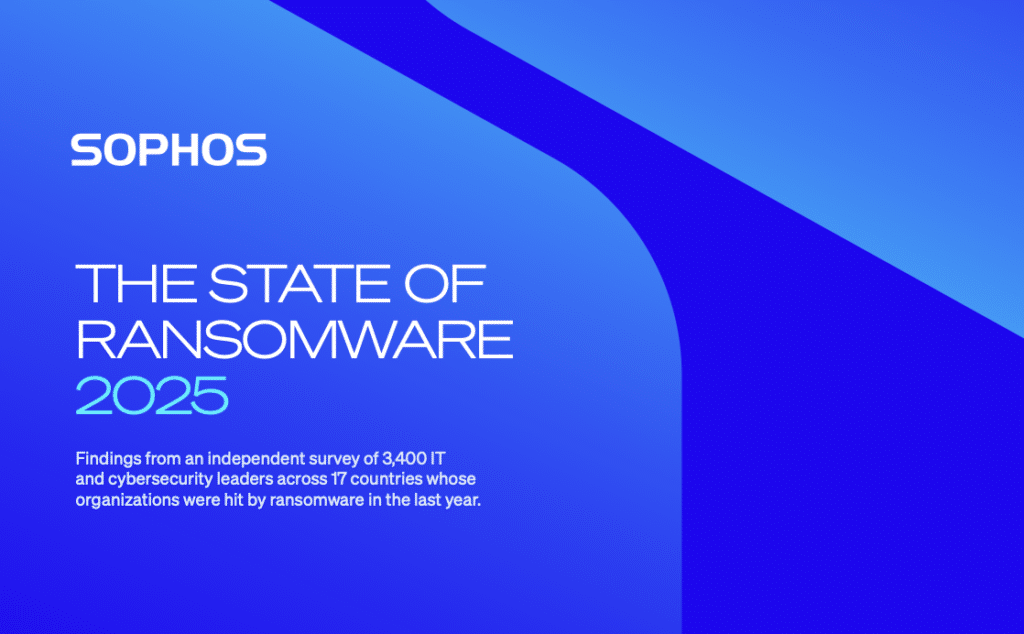Outsource your managed services ready for the year ahead

SMEs need the peace of mind that they have the right IT support and security in place for 2024.
As SMEs prepare for business readiness, tying up operational loose ends can be difficult. With the rise of AI and automation, a safe and accessible IT network is more important than ever before.
“The combination of outsourcing, AI and automation provides peace of mind that a dedicated team of experts, equipped with the right technology, have their eye on what’s coming over the horizon,” says Dave Adamson, CTO at Espria.
“Over the past holiday period and moving through the start of the year should be a time to reflect on where business costs are being wasted, what damage a breach has the potential to do, and how well equipped your IT team are to deal with the challenge of AI in 2024.
“Managed Service Providers can ensure that business’ IT networks are secure and problem-free, without sacrificing your business productivity or continuity. If you don’t have the funds, resources or time to employ your own IT team, managed services can give you the peace of mind to know that your business is business ready for the new year, and crucially, can help you make the most of your IT investments.”
Adamson goes on to detail some of the benefits for SMEs of using managed IT services:
1. Expenses
“Fixed service costs mean businesses can make accurate financial plans and budget realistically, rather than spending unpredictable amounts of money. Outsourcing can also provide a more cost-effective approach for small businesses where the costs of hiring and retaining an IT team in-house are prohibitive.
“Similarly, if you need a lot of IT support, subscribing to managed IT services will likely save you money versus paying on-demand each time you need the advice or skills of an IT expert.”
2. Expertise
“Having an MSP gives you access to IT experts at all times, without having to recruit and hire them yourself. These teams offer access to a broad skillset, with a greater ability to identify issues across multiple clients and are constantly updating their security knowledge to give the best service to you year on year.
“MSPs are always on hand to assist you at any time during working hours meaning errors are handled efficiently and quickly.”
3. Greater uptime for work
“If your IT services are interrupted, it can deliver a significant blow to company productivity meaning time is wasted by your team trying to resolve issues plus loss of business continuity due to disrupted operations. It is critical to mitigate downtime in the event of cyber-attack; not only does it mean wasted money in fixing the breach, but also reputational damage if you cannot complete operations in a timely fashion.
“With an outsourced team of IT professionals continuously monitoring and maintaining your network, they can spot and prevent a problem as well as quickly resolve any issues, leaving you and your operational teams to focus on business rather than fixing breaches.”
4. Access to the latest software and technology
“An outsourced IT department is more likely to use the best technology on the market, rather than having to compete for budget with other business expenses. They will keep software up to date across all clients and operate within the latest frameworks provides greater assurance that systems are the most up-to-date.
“Additionally, if the business is armed with the correct automation weapons and software that can help it to gain faster data insights, it can have a meaningful impactful on the bottom line.”
Equipped with the right technology, outsourced managed services can be an efficient and cost-effective way for SMEs to protect their systems and their data from intrusions while reducing the complexity of the process. With an outsourced team of IT professionals, SME’s can have the peace of mind that their IT network is secure and focus on core business operations.

To read more about our Managed Services, please click here.
You may be interested in
Is Your MSP Really Helping You Grow — Or Just Keeping the Lights On?
There’s a moment in every business where the question quietly surfaces: “Are we getting what we really need from our IT provider?” It’s not always easy to answer. On the surface, things seem fine. Tickets are resolved. Reports arrive. There’s someone to call when things go wrong. It’s familiar. It’s comfortable. And that comfort can be deceiving. Because beneath the surface, many organisations are stuck in a service relationship that feels safe — but is actually stagnant. And here’s the truth: comfort isn’t the same as progress. For many, the idea of changing MSPs or challenging the…
The 2025 State of Ransomware: Key Insights on Attacks, Costs, and Recovery
Ransomware continues to evolve — and so must our defenses. The State of Ransomware 2025 report from Sophos presents one of the most comprehensive views yet into how organisations around the world are being impacted by ransomware attacks. Based on an independent survey of 3,400 IT and cybersecurity leaders across 17 countries, the report explores how attacks are evolving, the operational weaknesses adversaries exploit, and the human and financial tolls that follow. Whether you’re building a cybersecurity strategy or assessing risk, this year’s findings offer crucial, real-world insights to guide your response. Key Findings from…
Outgrowing your MSP; businesses need a provider that scales with their growth
To stay competitive, business leaders must align with MSPs that deliver strategic value, drive innovation, and support to scale. Now firmly into 2025, it’s becoming clear what the year has in store for the IT landscape. For SMBs, the message is clear: business growth must be matched with smarter, more scalable managed services. The demand for cyber-resilient, cloud-first and AI-integrated solutions is no longer a forecast – it’s a reality already shaping business priorities. According to leading global technology market analyst firm Canalys’ MSP Trends 2025 report, the MSP model is transforming under growing pressure…
End of windows 10 support signal urgent action needed from UK organisations as cyberattacks continue to rise
Recent breaches at major UK retailers, combined with the approaching end of life of Windows 10, highlights a critical moment for IT resilience planning The recent wave of cyberattacks targeting major UK retailers has highlighted the growing security risks associated with organisations running outdated systems and applications and maintaining weak identity verification protocols. These incidents—particularly those involving Marks & Spencer and the Co-Op—have starkly exposed how vulnerable legacy infrastructure and insufficient access controls can be. In both cases, attackers successfully posed as legitimate employees and manipulated IT help desks into resetting internal passwords, ultimately gaining…
UK SMEs must fortify their cybersecurity against geopolitical risks, says Espria
A recent Sky News investigation highlighted an uptick in cyberattacks tied to the Iran conflict that are targeting businesses across multiple sectors. Speaking at the NATO Summit, Prime Minister Sir Keir Starmer urged UK businesses, regardless of size or sector, to prioritise cybersecurity and ‘take immediate steps to review and strengthen their defences.’ While the warning is timely in tone, businesses are already becoming targets of politically motivated cyberattacks, emphasising the need for heightened vigilance. “As tensions spread globally, threat actors will continue to exploit digital vulnerabilities, and neutral businesses may be caught in the…
Why Businesses Should Invest in ESG: Lessons learned by Espria
In today’s competitive landscape, Environmental, Social and Governance (ESG) performance is no longer just a “nice to have”—it is a critical business imperative. Companies that prioritise ESG are better positioned for long-term success, risk mitigation, and reputation enhancement. Today’s world demands more from companies than just financial performance. Customers want transparency. Employees want purpose. Investors want resilience. ESG helps businesses manage risk, seize new opportunities and build trust with the people who matter most. It is how you can stay competitive, stay responsible and stay relevant in a fast-changing world. A powerful case study of…





